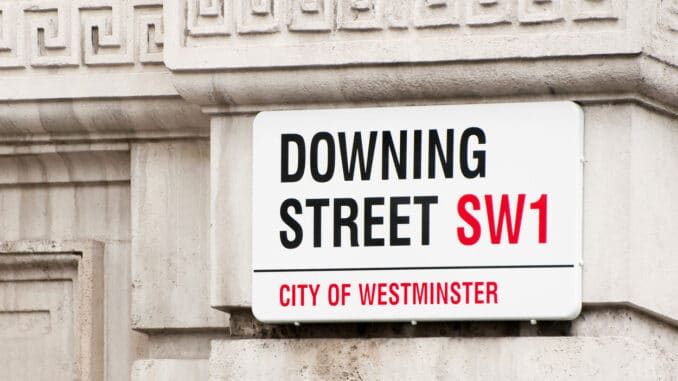
Medical royal colleges and Faculties have published a joint statement calling on the next prime minister and leader of the Conservative and Unionist Party to make health and care a priority
The statement reads:
The impacts of the COVID-19 pandemic on the general health of the British public and the NHS will be long-lasting. NHS waiting lists currently stand at a record 6.61m – services are under significant pressure and demand continues to grow.
General practice carried out almost 370m consultations last year, with each GP looking after 10% more patients on average in 2022 than in 2015. Almost 11m 999 calls were answered in the last 12 months, while all-age referrals to NHS secondary mental health services increased 15% between 2020/21 and 2021/22. More than 360,000 children and young people are waiting to be seen by a consultant, the highest on record since 1948.
There have been more 12-hour trolley waits for patients in urgent and emergency care in 2022 so far than in all of 2021 and 2020 combined. Recent polling found that over half (55%) of the British public felt the cost-of-living crisis was having a negative impact on their health.
The 2019 Conservative government was elected with health and care as a priority. The nation faces spending pressures – but investing in the health of the nation is a smart investment to make. To get the greatest return on that investment, and restore timely access to care, we have to do things differently with proper workforce planning, a greater focus on preventing illness and tackling inequalities and fixing the breakdown between NHS and social care.
As medical royal colleges and Faculties representing the full range of medical specialities across primary, public health and hospital care we are asking the next prime minister and leader of the Conservative and Unionist party to:
- Commit to planning and providing a health and care workforce that meets the needs of the population, particularly by increasing medical school places and clinical training places.
- Commit to reducing health inequality by tackling the causes of ill health so that in the long run we reduce pressure on the NHS by reducing preventable illness.
- Commit to fixing social care so that we end the cycle of working age adults and old age adults being admitted to hospital, or delayed in leaving hospital, because of insufficient social care packages to help them live independently.


Be the first to comment